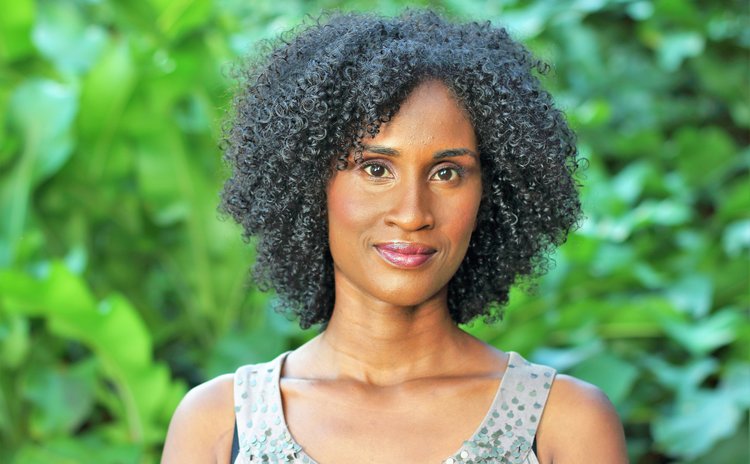Emancipation by any other name
By Farah Theodore

Knowledge is as good as the use we make of it. Can the same be said of freedom? Every year on August 1st, Emancipation Day is celebrated in many countries and an event was held at Hampstead to mark this notable day.
It was almost 100 years after emancipation that descendants of enslaved people were given the right to vote. Do you exercise this right sensibly today? After all what good is it if you don't use it responsibly?
It is undeniable that the enslavement of others is an abominable act. Against that backdrop, what do we aspire to? In many countries of the Caribbean and others like the USA, people of African descent have not yet crafted an agenda for themselves. What is it you want as a people? Unless something substantial is drafted, how effective will any lobbying for one's interest be? One cannot lobby without being organised, and that is a problem that exists in our society. Basic organisations like effective NGOs and Civil Society Organisations are lacking, and as a result, addressing any kind of issue becomes onerous.
The CARICOM Reparations Commission's 10-point plan noted psychological harm from slavery, and resources for the healing process as part of reparatory justice. This psychological damage they refer to, is it the same as a limited, defeated mindset? The emancipation that was granted is a far cry from what the enslaved envisioned for themselves. The freeing of the slaves was not done out of the goodness of the coloniser's hearts as many other factors would come into play. What resulted was a power shift that would establish and crystallize capitalism and imperialism as we know it today. Freedom was not given in one fell swoop, it was painstakingly gradual. E.g. the former slaves were renamed apprentices who were expected to continue to toil for no pay for an additional 6 years. The abuse and exploitation merely continued in varying forms. Till now, the mark of the colonisers remains as islands in the Caribbean continue to be colonies; others have the Queen as head of state, and the other so-called republics remain in the Commonwealth grouping keeping the British Monarchy relevant till now.
On 24 June 2022, the new PM of Grenada opened his swearing into office with this phrase "I… do swear that I will bear true allegiance to her Majesty Queen Elizabeth II, her heirs and successors according to law, so help me God". Confusing it may be for many that this is still going on. How effective is this emancipation if 188 years later this persists? It is more fitting that on 1 August 2022, Indigenous Australian Senator Lidia Thorpe, referred to the Queen as a coloniser - "I, sovereign Lidia Thorpe, do solemnly and sincerely affirm and declare that I will be faithful and I bear true allegiance to the colonising her Majesty Queen Elizabeth II…" Despite the fact she was instructed to say the oath properly, the point was well made.
It is worth noting that the enslaved, unlike their masters, were denied compensation during emancipation because they were not considered human, but rather property much like machinery, or caged/chained beasts of burden. Their intellectual inferiority was noted by a leading politician while delivering a speech to the House of Commons in 1824 - the comparison was made between Black freedom and Frankenstein's monster, a creature "possessing the form and strength of a man, but the intellect only of a child".
Don't rush to be offended...take a look around at your leaders, your role models, and entertainers and reflect on how black culture is portrayed. Reflect on your acceptance of the bare minimum from elected and unelected officials. Reflect on your own sense of worth, respect, and values. Reflect on your own thirst for knowledge and ingenuity.
Knowledge was kept from the black man (best hidden in a book) yet AI is viewed as 'intelligent' and even 'sentient' based on the data inputted into it.
One whose writings helped shape international law as we know it, Franscisco de Vitoria - a legal advisor to King Charles and a Spanish Roman Catholic philosopher, justified the Spanish colonial expansion on the inferiority of the civilisation of those true owners (acknowledged that the Native Indians owned their own land), considered Indians as intellectually inferior to Europeans. The Roman Catholic Church committed many atrocities against the indigenous peoples of Canada under the guise of 'residential schools' to erase their language, culture, their very identity from indigenous children aged 7-15 by assimilating them into the dominant culture. Untold numbers of children were abused in every way and murdered.
188 years after emancipation, many have not proven the former colonisers wrong as the people remain inept to effectively administer themselves or at the least feed their own people.




